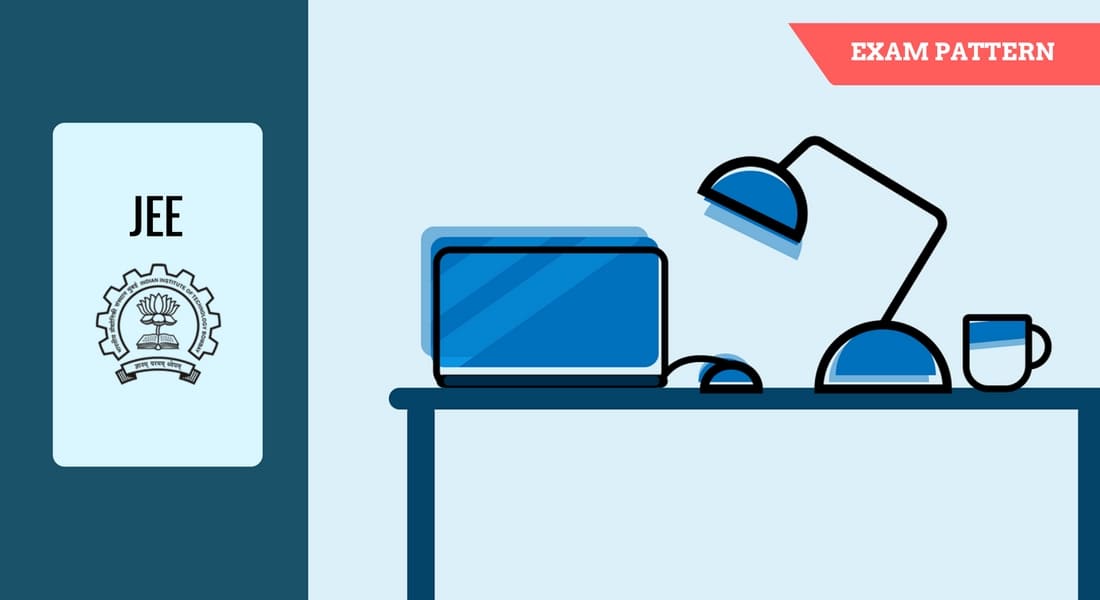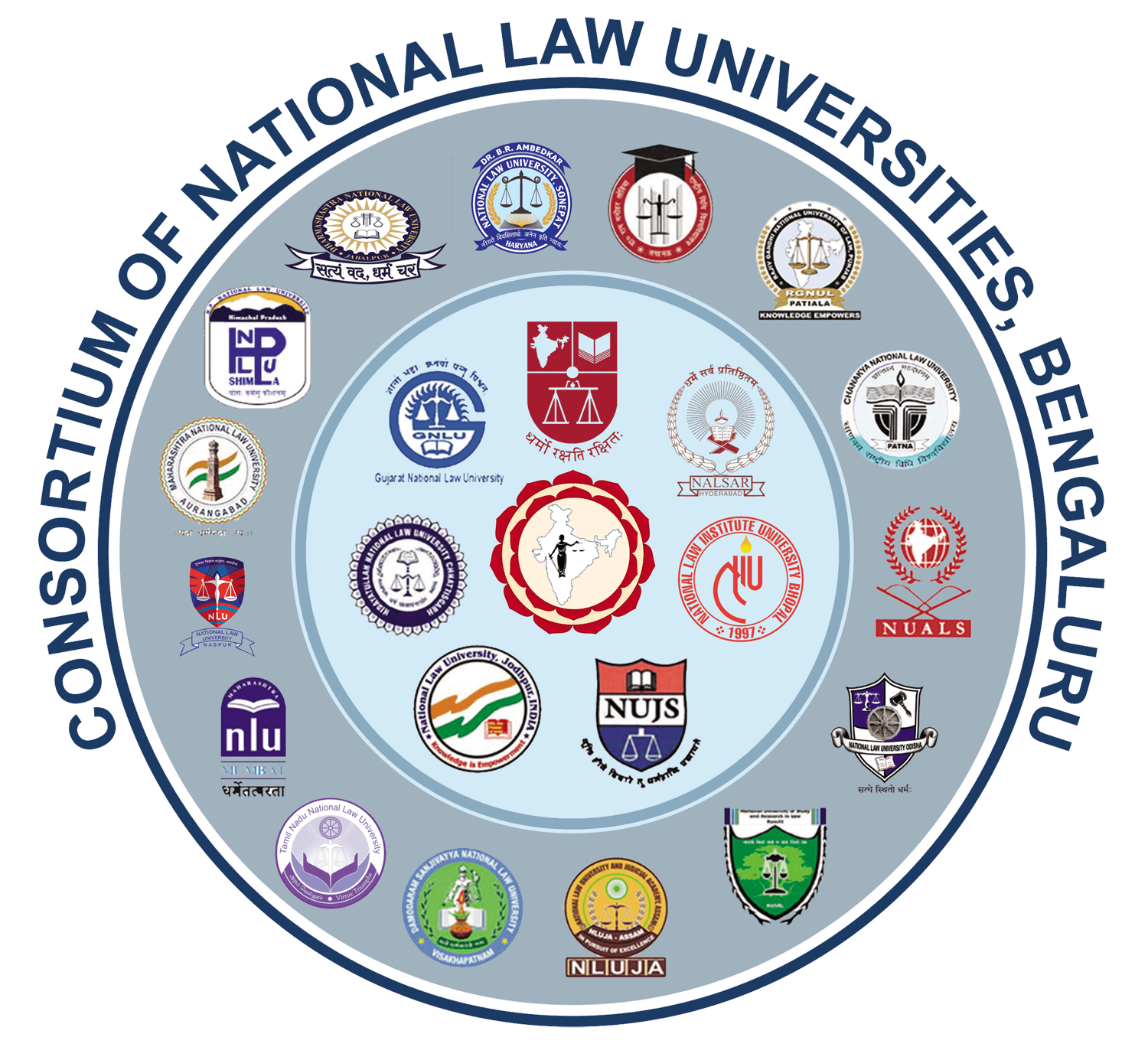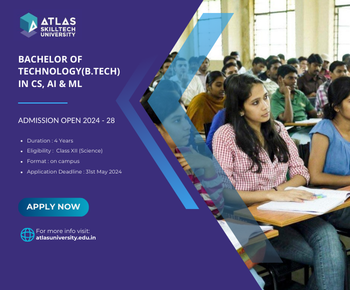Syllabus
CLAT 2023 shall be conducted in offline mode where the paper will have 150 questions from five different subjects including English (Comprehension), General Knowledge & Current Affairs, Elementary Mathematics (Numerical Ability), Legal Aptitude and Logical Reasoning. Scope and coverage of questions under different subject areas:
English language English section will test the candidates' proficiency in English based on comprehension passages. Students will be given passages of about 450 words each and such passages could be fiction/ non-fiction, contemporary/historical, etc. Candidates will be questioned on their understanding of the passage and its central theme, meanings of words used therein, etc. The inference would be key here, candidates will have to comprehend the main idea discussed in the passage including any counter-arguments used in the passage.
Current Affairs including General Knowledge: This section would again consist of passages instead of direct questions that were asked earlier. The passages would again be of 450 words each and the same would be derived from news, journals, etc. Questions based on such passages would be asked. Such a question can cover static portion as well, candidates are therefore advised not to forgo the static portion entirely. Reading Newspapers daily, specifically, articles containing any Bill or Judgments or legal information should help in preparing for this section.
Quantitative Aptitude: The Quantitative Technique or Maths section will include short sets of facts or propositions, graphs, or other textual, pictorial or diagrammatic representations of numerical information, followed by a series of questions. The questions will be in the form of Data Interpretation i.e. candidates would be required to infer information from the given passage and answer accordingly.
Legal Reasoning: This section will test the candidate's interest in the study of law, research aptitude, and problem-solving ability. Questions would again be based on passages relating to facts or scenarios involving legal matters. The passage would contain certain rules and principles which should be identified and accordingly applied to the questions. The passages would be approximately 450 words each.
Logical Reasoning: The purpose of the logical reasoning section is to test the candidate's ability to identify patterns, logical links, and rectify illogical arguments. The questions would be based on the passage of 300 words.
Exam Information & Centers
CLAT 2023 exam centres will be provided by the Consortium of NLUs in 25 states across the country. Depending on the amount of enrolled applicants, it may add new exam centres to the list. The table below contains a list of exam centres.
Exam centres of CLAT 2023 - Test Cities List
|
Agra |
Gandhinagar |
Kolkata |
Ahmedabad |
|
Allahabad |
Gangtok |
Kota |
Amritsar |
|
Aurangabad |
Ghaziabad |
Kurukshetra |
Barrackpore |
|
Barasat |
Gorakhpur |
Lucknow |
Madurai |
|
Gurugram |
Greater Noida /Noida |
Mohali |
Mumbai |
|
Haldwani |
Guwahati |
Muzaffarpur |
Mysore |
|
Bangalore |
Bhopal |
Hisar |
Nagpur |
|
Bilaspur |
Hyderabad |
Imphal |
Varanashi |
|
Indore |
Jabalpur |
New Delhi |
Navi Mumbai |
|
Bhubaneswar |
Calicut |
Jaipur |
Patiala |
|
Chandigarh |
Jalandhar |
Patna |
Coimbatore |
|
Chennai |
Jammu |
Pune |
Durg |
|
Dehradun |
Jamshedpur |
Raipur |
Shimla |
|
Ernakulum |
Jodhpur |
Ranchi |
Tiruchirappalli |
|
Faridabad |
Kanpur |
Shillong |
Srinagar |
|
Siliguri |
Thane |
Rajahmundry |
Salem |
|
Sonepat |
Thiruvananthapuram |
Puducherry |
Kanyakumari |
|
Visakhapatnam |
Vijayawada |
Chittor/Tirupathi |
Kottayam |
|
Amrawati (Maharashtra) |
Hooghly |
Kurnool |
Tirunelveli |
|
Cuttack |
Hubli / Dharwad |
Vellore |
Gwalior |
|
Vadodara |
Surat |
Meerut |
Mangalore |
| Rajkot |
JEE Advance 2017 Syllabus & Brochure

Brochure
JEE Advanced Pattern

JEE Advanced Exam Pattern 2017
SCHEME OF EXAMINATION -Only candidates who have cleared JEE Mains are only eligible to sit for JEE Advanced.
-
JEE Advanced comprises of a written examination and counselling based on the written examination results
- Number of Papers: JEE Advanced 2017 will be conducted as two exams : Paper 1 and Paper 2 each of three hours duration. Both the papers are compulsory.
- Questions Type: The question papers consist of objective type (multiple choice and numerical answer type) questions designed to test comprehension, reasoning and analytical ability of candidates.
- Sections/Subjects: Each question paper consists of three separate sections, viz., Physics, Chemistry and Mathematics.
- Number of Questions
- Time Allotted
- Maximum Marks
- Marking Scheme: Negative marks will be awarded for incorrect answers .
The candidates must carefully read and adhere to the detailed instructions given in the question paper.
ANSWER SHEET INSTRUCTIONS - Optical Response Sheet (ORS) -The answer sheet of each paper of JEE (Advanced) is a machine‐readable ORS. Please note the following key points about ORS sheets.
- The ORS has two pages with the same lay‐out. The first page of the ORS is machine readable. It is designed so as to leave impressions of the responses on the second page.
- Candidates should not separate or disturb the alignment of the two pages of the ORS at any stage and under any circumstance.
- The answers to all the questions should be marked on the first page of the ORS by darkening the appropriate bubble or bubbles (as per the instructions given in the question paper.
- Candidates should use BLACK BALL POINT pen for darkening the bubbles.
- Candidates should apply adequate pressure to ensure that a proper impression is made on the second page of the ORS. Other instructions for darkening the bubbles will be printed on the question paper and candidates must strictly adhere to these instructions.
- The second page of the ORS will be handed over to the candidates by the invigilator at the end of the examination.
- The question paper will be in either English or Hindi. Candidates must exercise the choice of question paper language while registering for JEE (Advanced) . Change of question paper language will NOT be entertained after the registration.
- Candidates using the services of a scribe will get one hour compensatory time.
CoachingSelect is here to help in case you need any more information support@coachingselect.com.





